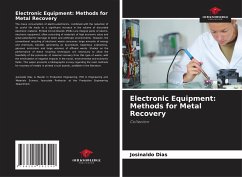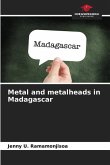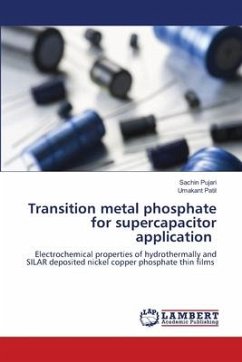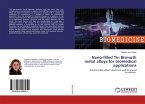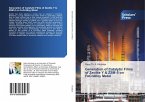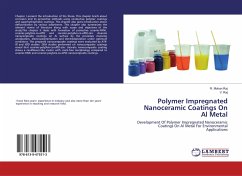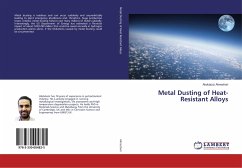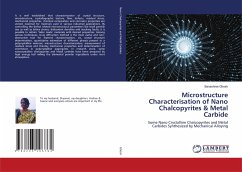The mass consumption of electro-electronics, combined with the reduction of its useful life leads to a significant increase in the volume of discarded electronic material. Printed Circuit Boards (PCBs) are integral parts of electro-electronic equipment, often consisting of materials of high economic value and great potential for damage to biotic and anthropic environments. However, the conventional recycling of electronic waste consumes large amounts of energy and chemicals, besides generating as by-products hazardous substances, gaseous emissions and large volumes of effluent waste. Studies on the performance of these recycling techniques are necessary to allow the feasibility of the processes of material recovery from this type of waste, with the minimization of negative impacts in the social, environmental and economic fields. This paper presents a bibliographic survey regarding the main methods for recovery of metals in printed circuit boards, available in the literature.

